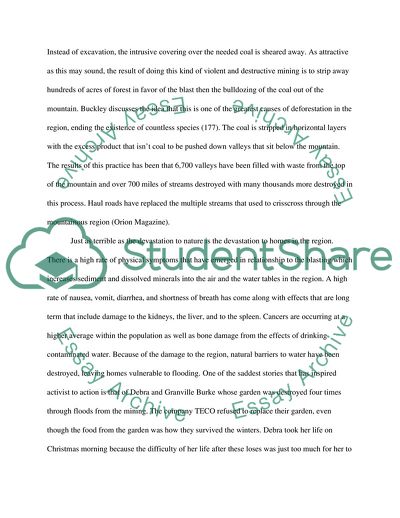Cite this document
(Violating the Majesty of the Creations of God Essay, n.d.)
Violating the Majesty of the Creations of God Essay. https://studentshare.org/religion-and-theology/1773854-mountain-top-removal-from-christian-perspective
Violating the Majesty of the Creations of God Essay. https://studentshare.org/religion-and-theology/1773854-mountain-top-removal-from-christian-perspective
(Violating the Majesty of the Creations of God Essay)
Violating the Majesty of the Creations of God Essay. https://studentshare.org/religion-and-theology/1773854-mountain-top-removal-from-christian-perspective.
Violating the Majesty of the Creations of God Essay. https://studentshare.org/religion-and-theology/1773854-mountain-top-removal-from-christian-perspective.
“Violating the Majesty of the Creations of God Essay”. https://studentshare.org/religion-and-theology/1773854-mountain-top-removal-from-christian-perspective.


